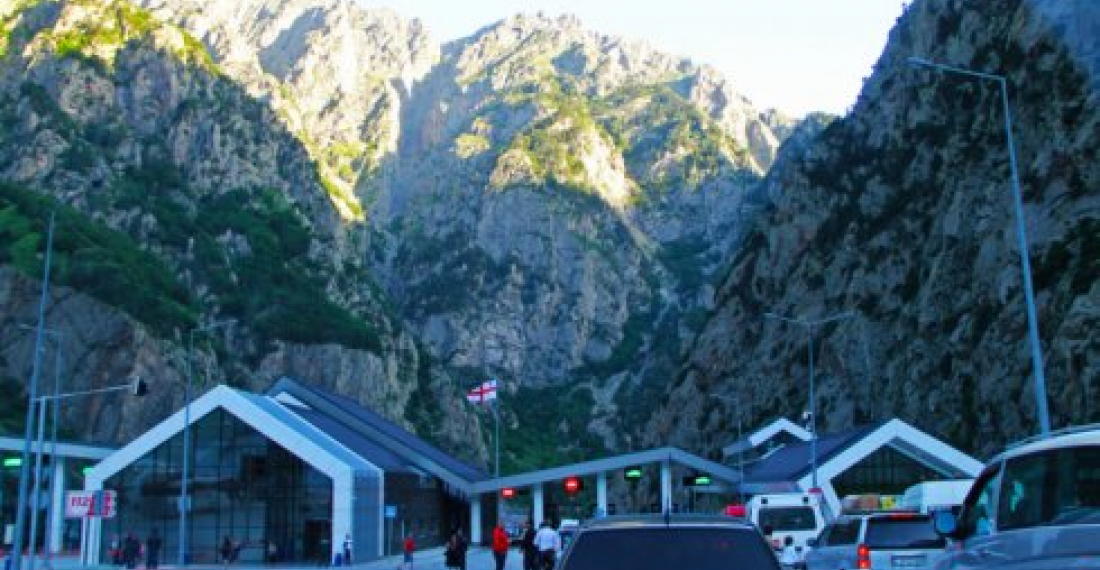Сильный снегопад и опасность схода лавин в минувшие выходные вызвали серьезные проблемы с движением транспорта на Южном Кавказе.
Автомобильная дорога Ларс-Степанцминда была полностью закрыта грузинскими властями в субботу днем из-за опасности схода лавин. Ведущая к КПП Верхний Ларс (граница с Россией), является основной сухопутной связью между Россией и Грузией и Арменией. Власти Грузии сообщили своим армянским коллегам в субботу днем (18 марта), что дорога закрыта для всех видов транспорта.
В субботу снегопад также вызвал хаос на армянских дорогах с закрытием стратегического перевала Варденяц. Ситуация улучшилась к утру понедельника после того как дорога была немного очищена. Однако, автомобильная дорога Берд-Чамбарак была закрыта в понедельник утром из-за сильной метели и льда на дороге. По словам армянских источников, дорожные службы продолжают работать.
В Азербайджане проливные дожди подпортили атмосферу праздника Навруз.
источник: commonspace.eu по материалам агентств
фото: КПП Верхний Ларс граница России и Грузии. Дорога Ларс-Степанцминда в субботу была полностью закрыта из-за опасности схода лавин (фото из архива)






